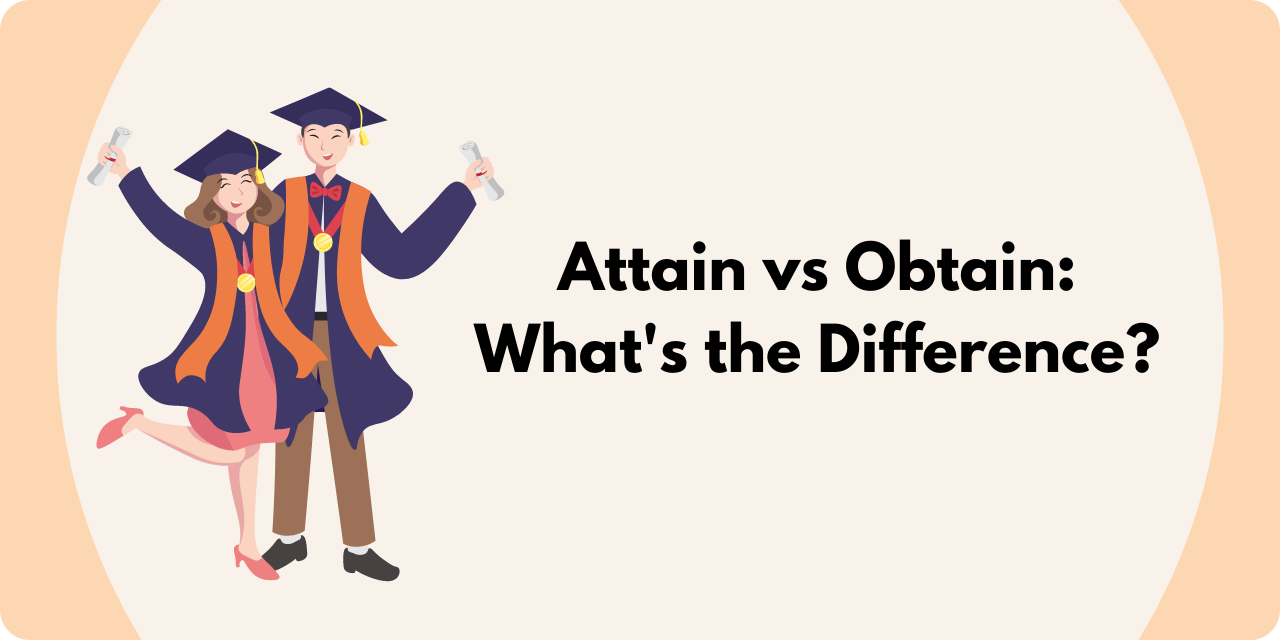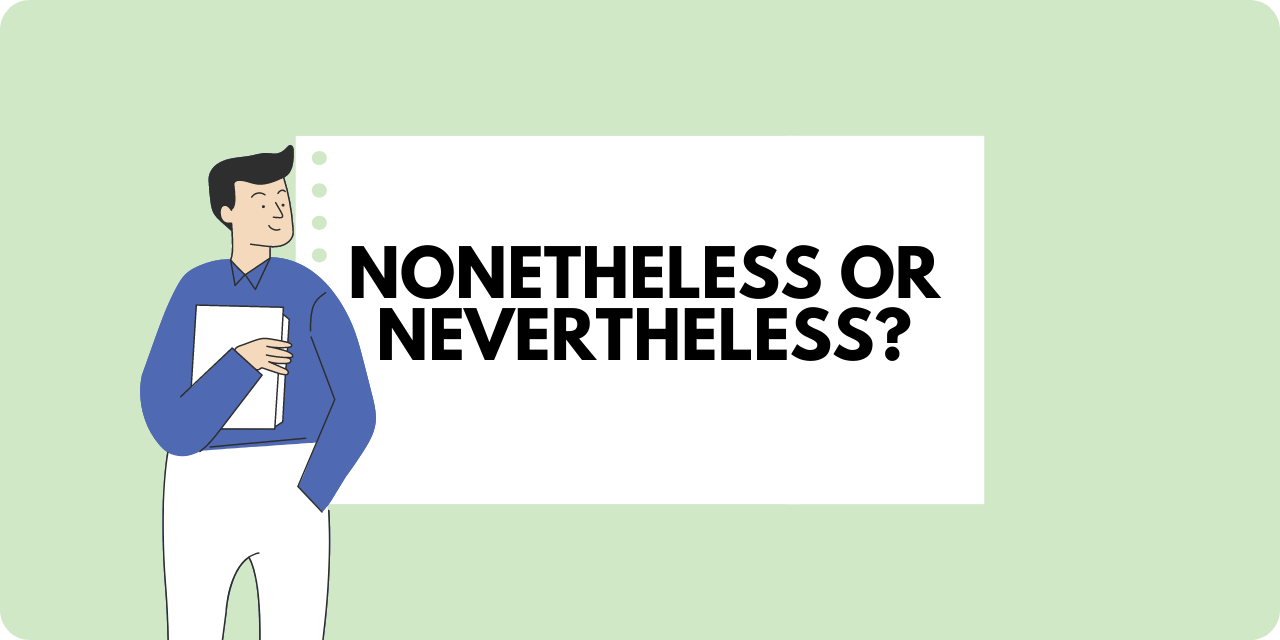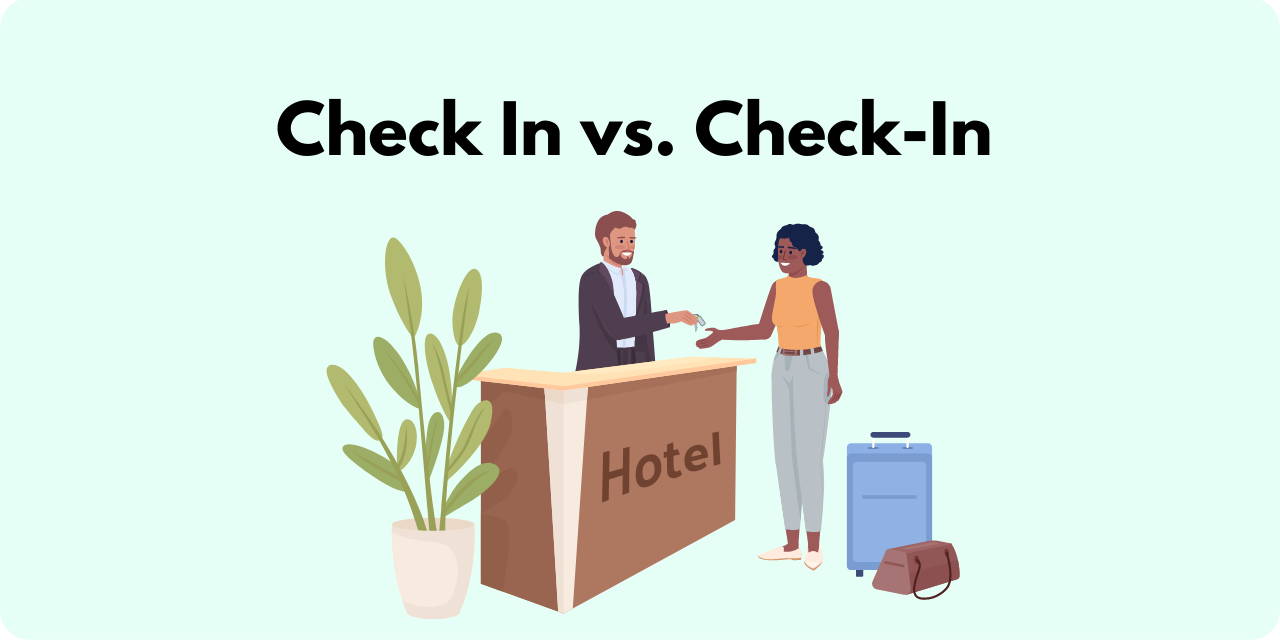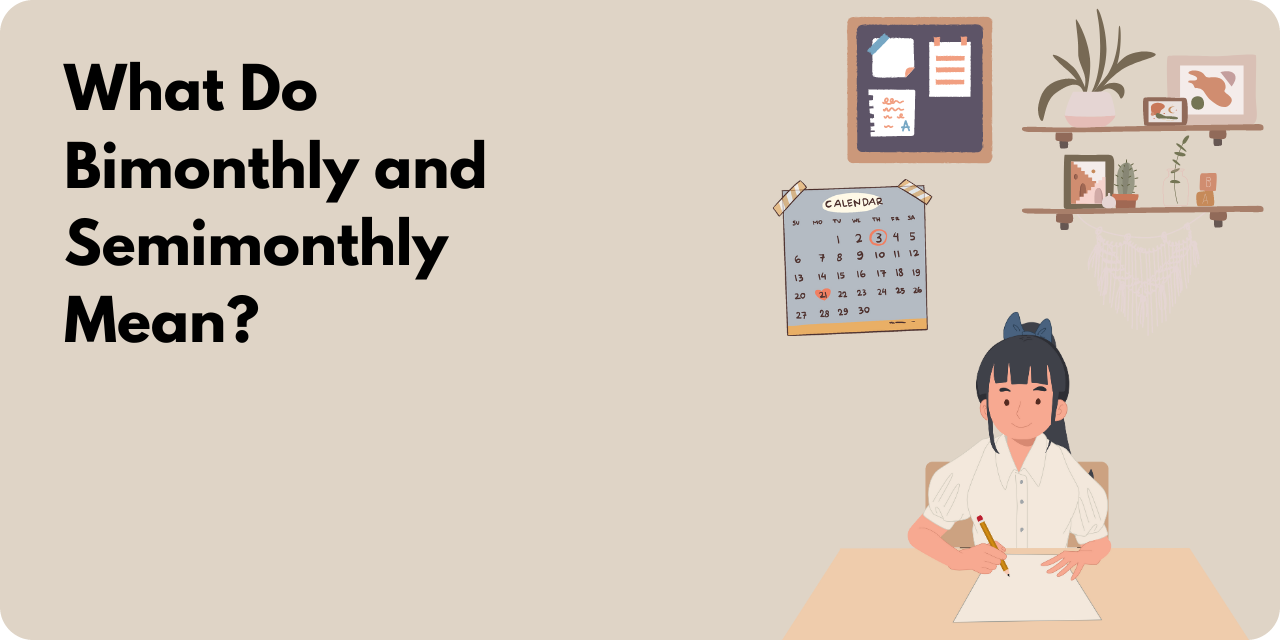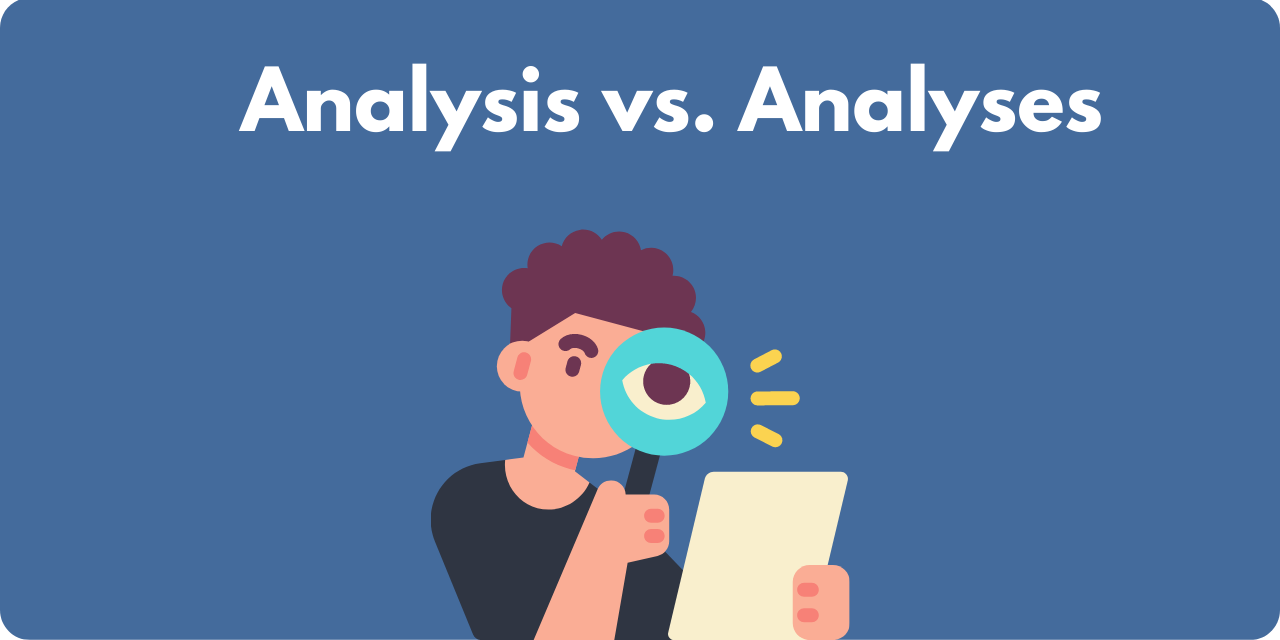“I would feel bad if I treated you badly.”
That’s an illustration of the correct use of the words bad and badly.
Bad/badly is a grammar point that trips up many of us. Even people who are very careful about their speech and writing are confused about those two words. They say “feel badly,” which is incorrect.
Here are the rules and examples.
With the verb feel, use adjective forms, like these:
Sarah feels confident. (not confidently)
Vic feels happy. (not happily)
Kwame feels proud. (not proudly)
Mina feels bad. (not badly)
In the examples above, the word after feels describes the subject: confident Sarah, happy Vic, proud Kwame, bad Mina. (It’s as though Mina is blaming herself: “Bad Mina!”)
With action verbs, use adverb forms, like these:
Sarah smiled confidently.
Vic sang happily.
Kwame stood proudly.
Mina typed badly.
When you hear someone say “I feel badly,” don’t correct him or her. That would be rude and the person might take the correction badly. Instead kindly ask, “Why do you feel bad?” or respond, “I’m sorry you feel bad.” I use this subtle approach with my 11-year-old daughter all the time, and she doesn’t feel bad about it at all.

